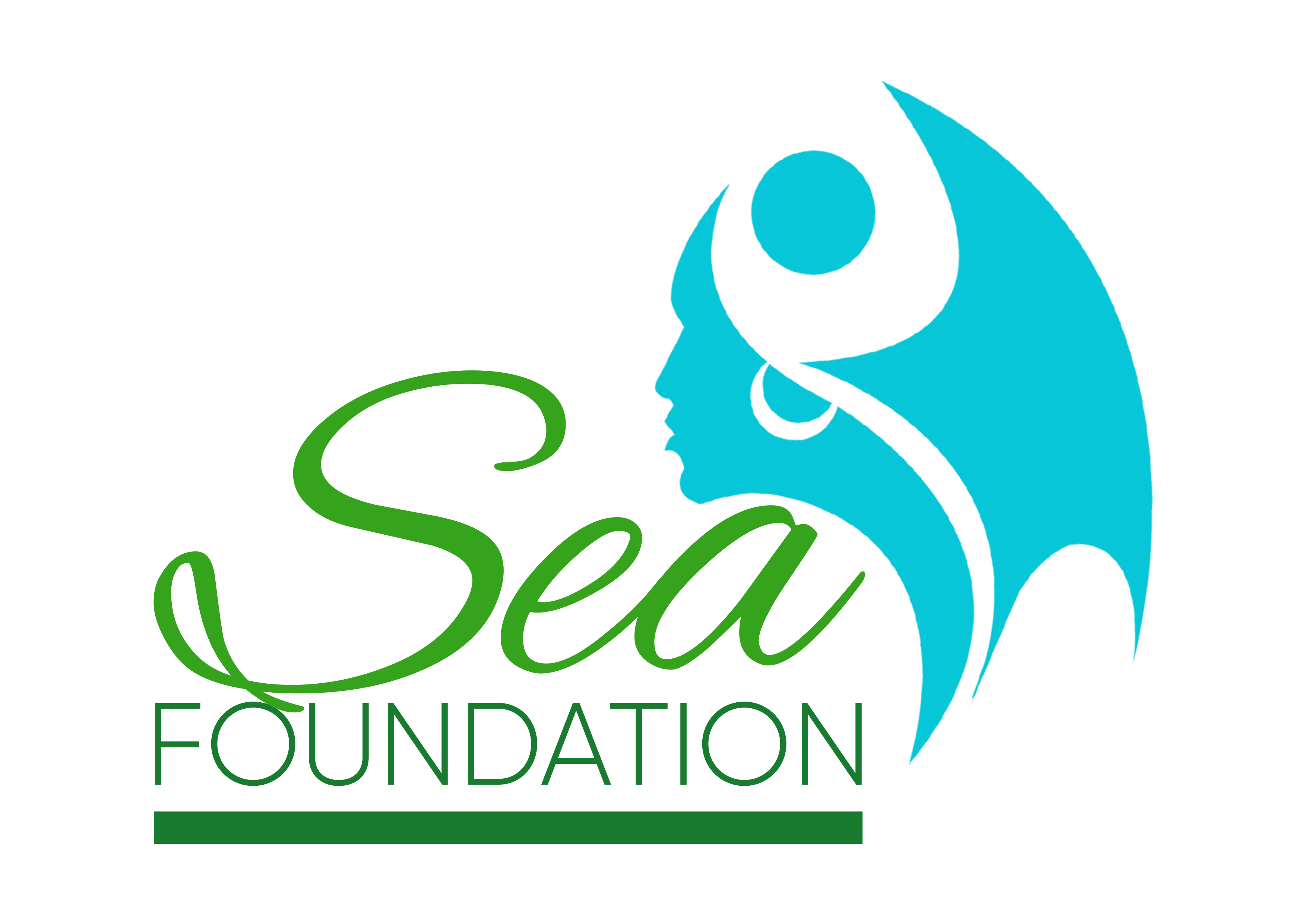Empowering Women, Children & The Disabled
SEA Foundation Uganda
Empowering & rehabilitating disabled children, young HIV AIDS, fistula challenged mothers, military wives, widows and orphans
Welcome
A Few Words About Us
Sea Foundation Uganda was founded in 2017. Our core activities are:- Empowering & rehabilitating disabled children, youth with HIV AIDS, fistula challenged mothers, military wives, widows and orphans. We were established with our main focus on empowering and rehabilitating disadvantaged pregnant women, supporting HIV patients, catering for elderly and unprivileged families children, supporting people with disabilities, orphans and widows of both service and ex service men.
Currently we are working with physically challenged children, abandoned children and also young HIV/AIDS mothers, underprivileged elderly, and a number of military widows and orphans.
Case For Support
In Uganda, the current population of older persons is estimated at 1.6 million (5% of the population) and it is expected to increase to 5.5 million in 2050 (UBOS and ICF International 2012). Living arrangements is a critical issue in the discourse on population aging.
(https://www.ncbi.nlm.nih.gov/pmc/articles/PMC5702368/)
According to the Uganda population based HIV impact assessment records for 2016 – 2017, the prevalence of HIV among adults aged 15 to 64 in Uganda is 6.2%: 7.6% among females and 4.7% among males. This corresponds to approximately 1.2 million people aged 15 to 64 living with HIV in Uganda. HIV prevalence is higher among women living in urban areas (9.8%) than those in rural areas (6.7%).
According to the crisis center for abandoned/orphaned babies, Uganda has more than two million orphaned and homeless children. There are many reasons why a child is orphaned or abandoned. Each child and every parent has his or her own unique story. The babies on the streets are in danger of illness, disease, malnutrition and human trafficking.
Worldwide, fifteen percent (15%) of the world’s population or one (1) billion people live with some form of disability. In Uganda, 12.4% of the Uganda’s population lives with some form of disability and Kawempe division accounts for (22.6%) of all persons with disabilities living in Kampala.
(https://bmcpublichealth.biomedcentral.com/articles/10.1186/s12889-019-8076-3)

